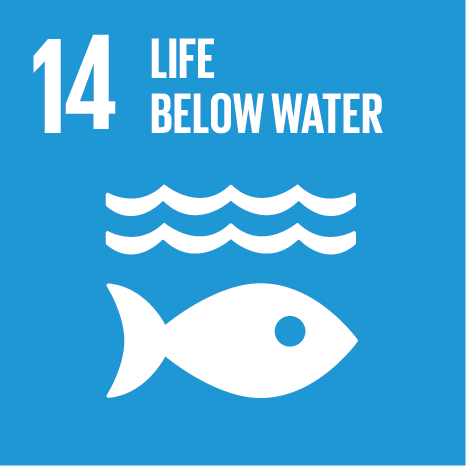Ciência_Iscte
Publications
Publication Detailed Description
Fisheries Problems and Bureaucracy in Aquaculture Anti-Commons View
Journal Title
arXiv:2412.12105
Language
English
Country
United States of America
More Information
Web of Science®
This publication is not indexed in Web of Science®
Scopus
This publication is not indexed in Scopus
Google Scholar
This publication is not indexed in Overton
Abstract
The problems raised by anti-commons and bureaucracy have been linked since the study of Buchanan and Yoon (2000). Bureaucracy involves a multitude of agents that have deciding power. At the view of conflicting interests, the decision makers inertia or the inertia of the system itself, excessive administrative procedures or too many administrative circuits push for too late decisions, or for non-rational decisions in terms of value creation for economic agents. Property Rights Theory explains new concerns. Considering that an anti-commons problem arises when there are multiple rights to exclude, the problem of decision process in aquaculture projects makes sense at this level. However, little attention has been given to the setting where more than one person is assigned exclusion rights, which may be exercised. Anti-commons problem is analyzed in situations in which resources are inefficiently under-utilized rather than over-utilized as in the familiar commons setting. In this study, fisheries problems are studied and some ways to deal with the problem are presented.
Acknowledgements
--
Keywords
Fields of Science and Technology Classification
- Physical Sciences - Natural Sciences
- Earth and related Environmental Sciences - Natural Sciences
- Law - Social Sciences
Contributions to the Sustainable Development Goals of the United Nations
With the objective to increase the research activity directed towards the achievement of the United Nations 2030 Sustainable Development Goals, the possibility of associating scientific publications with the Sustainable Development Goals is now available in Ciência_Iscte. These are the Sustainable Development Goals identified by the author(s) for this publication. For more detailed information on the Sustainable Development Goals, click here.

 Português
Português



